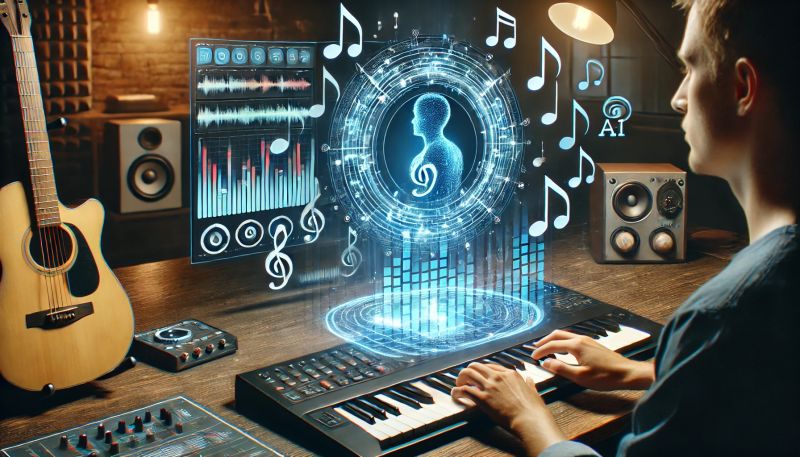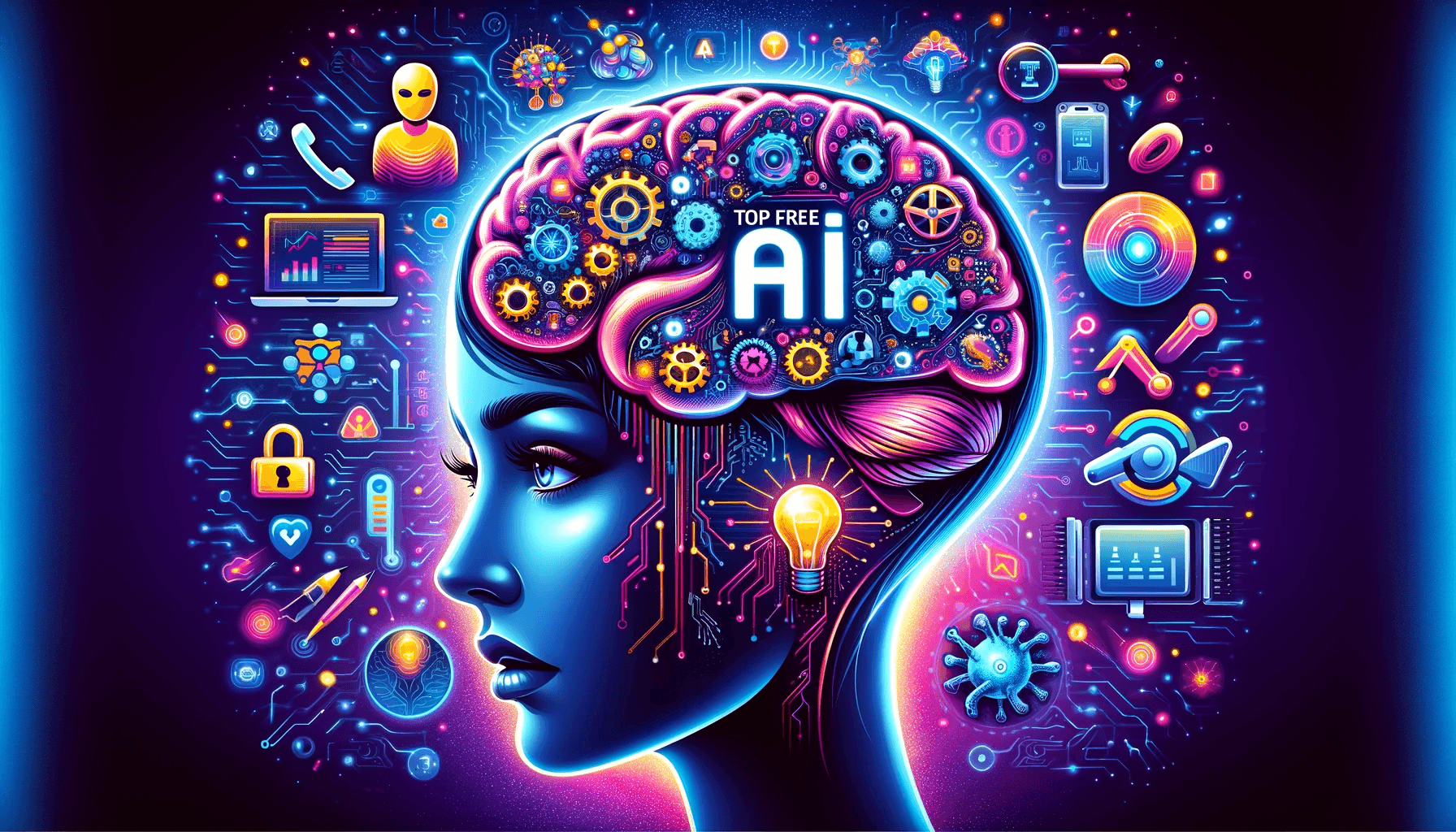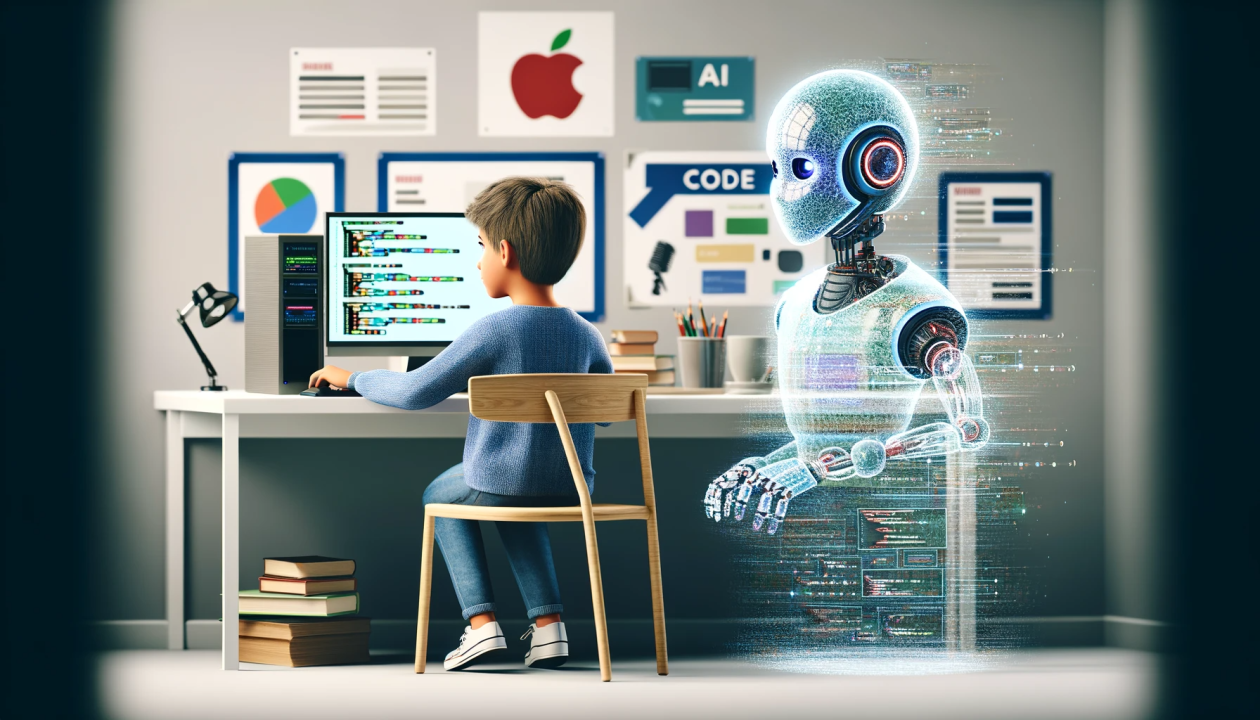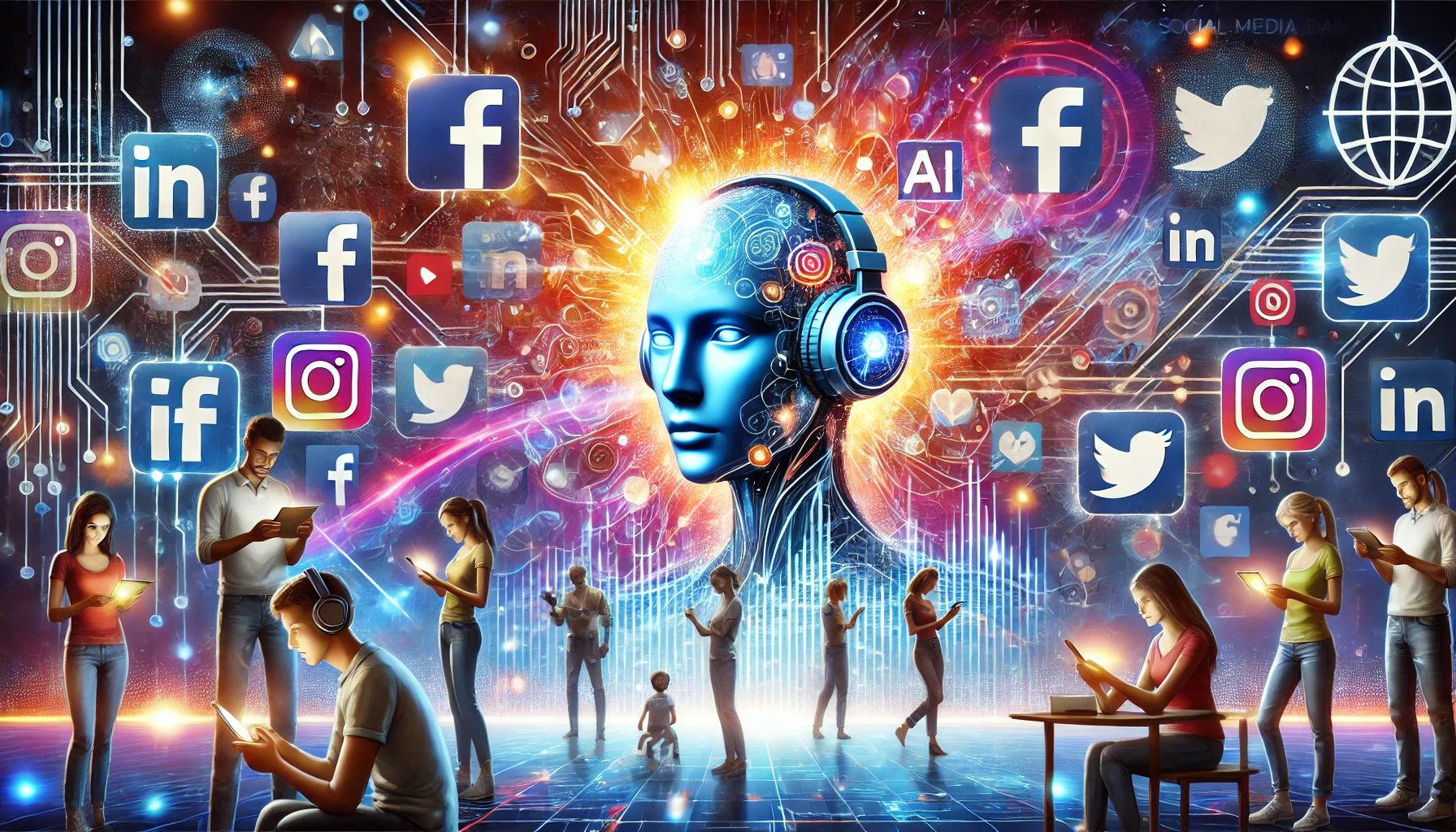Artificial Intelligence (AI) is revolutionizing the music industry by reshaping how music is composed, produced, performed, and experienced. From automating repetitive tasks to co-creating entire compositions, AI is becoming an essential tool for musicians, producers, and music enthusiasts alike.
How Is AI Used in Music?
AI in music leverages machine learning, deep learning, and data analysis to understand patterns in sound, harmony, and rhythm. By processing vast musical datasets, AI systems can now generate melodies, compose songs, enhance production quality, and even analyze listener behavior.
Key Applications of AI in Music
Music Composition and Songwriting
AI can generate melodies, chord progressions, and lyrics by analyzing existing musical styles and structures. Tools like Amper Music, AIVA, and MuseNet allow musicians to co-compose music in various genres, helping them spark new ideas or overcome creative blocks.
Music Production and Mixing
AI assists producers in tasks like beat matching, auto-tuning, mastering, and noise reduction. AI-powered plugins such as iZotope Ozone or LANDR use intelligent algorithms to enhance audio quality, making the production process faster and more accessible.
Personalized Playlists and Recommendations
Streaming platforms like Spotify, Apple Music, and YouTube Music use AI algorithms to analyze user preferences and listening habits. These systems create personalized playlists, discover new music, and enhance user engagement through recommendation engines.
Voice and Instrument Synthesis
AI can synthesize realistic vocals and instruments, allowing for the creation of music without needing traditional recordings. Text-to-speech and AI voice cloning technology can replicate famous singers’ voices or generate new ones entirely.
Real-Time Performance Enhancements
AI tools can assist in live performances by generating accompaniments, adjusting audio levels automatically, or even creating real-time visuals that respond to the music. AI-driven instruments and apps also help solo artists perform more dynamically.
Music Education and Training
AI-driven applications like Yousician or Melodyne provide real-time feedback to students learning to play instruments or sing. These platforms analyze pitch, rhythm, and timing to help learners improve with personalized guidance.
Music Analysis and Genre Classification
AI can analyze and categorize songs based on mood, tempo, lyrics, and structure. This helps record labels, curators, and marketers better understand music trends and target the right audiences more effectively.
Considerations When Using AI in Music
While AI offers exciting benefits, artists and developers should keep certain points in mind:
- Creativity vs Automation: AI is a tool, not a replacement for human creativity and emotional expression.
- Ethical Usage: Using AI-generated vocals or imitating known artists must be handled transparently and responsibly.
- Originality and Rights: Compositions created with AI may raise questions about authorship and copyright, especially when trained on existing works.
Conclusion
AI in music is reshaping the way we create, listen to, and interact with sound. Whether it’s composing new tracks, enhancing production, or offering personalized listening experiences, AI serves as a powerful creative partner. As technology continues to evolve, balancing its capabilities with human artistry and ethical boundaries will be key to its responsible integration into the music world.







Leave feedback about this